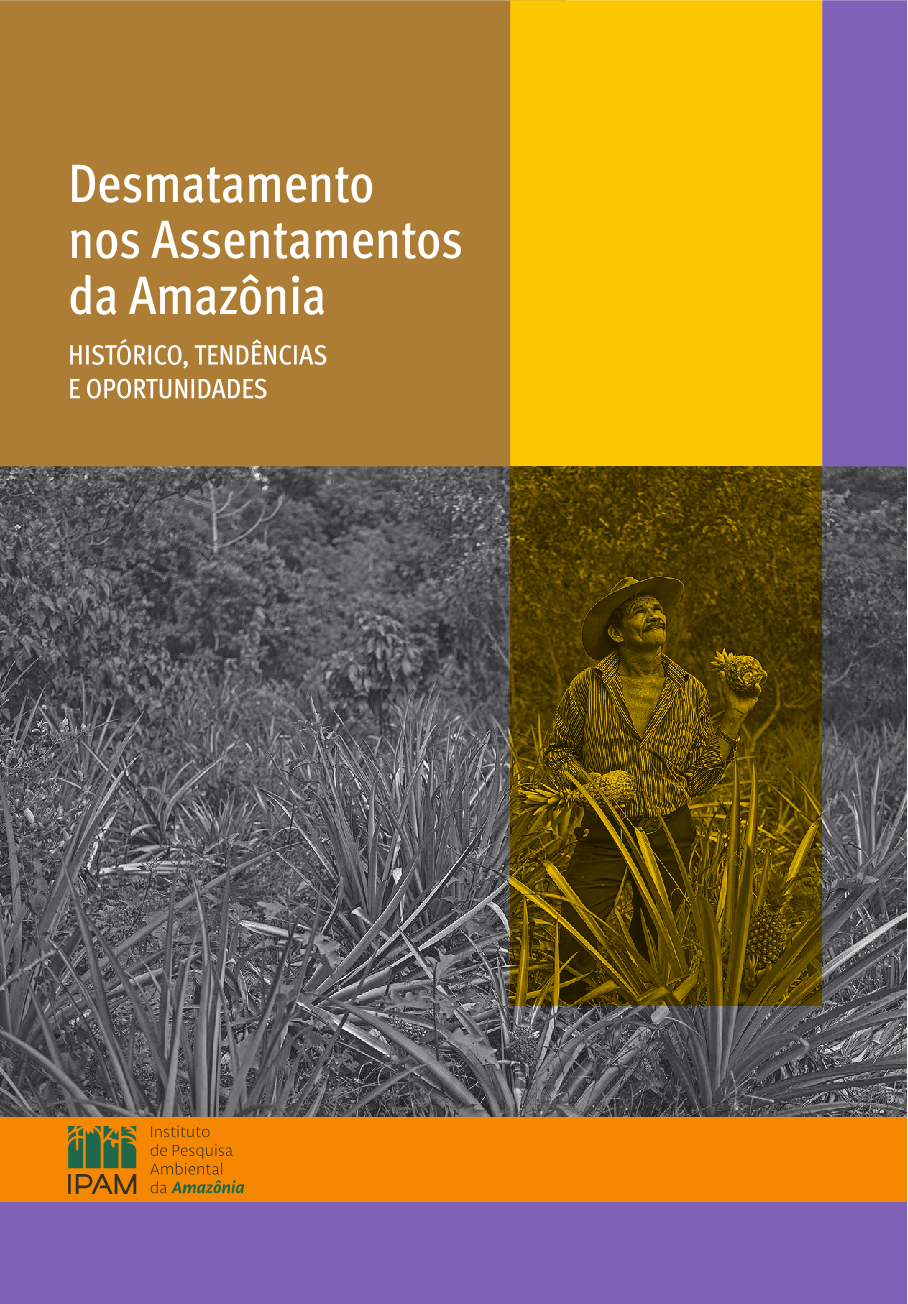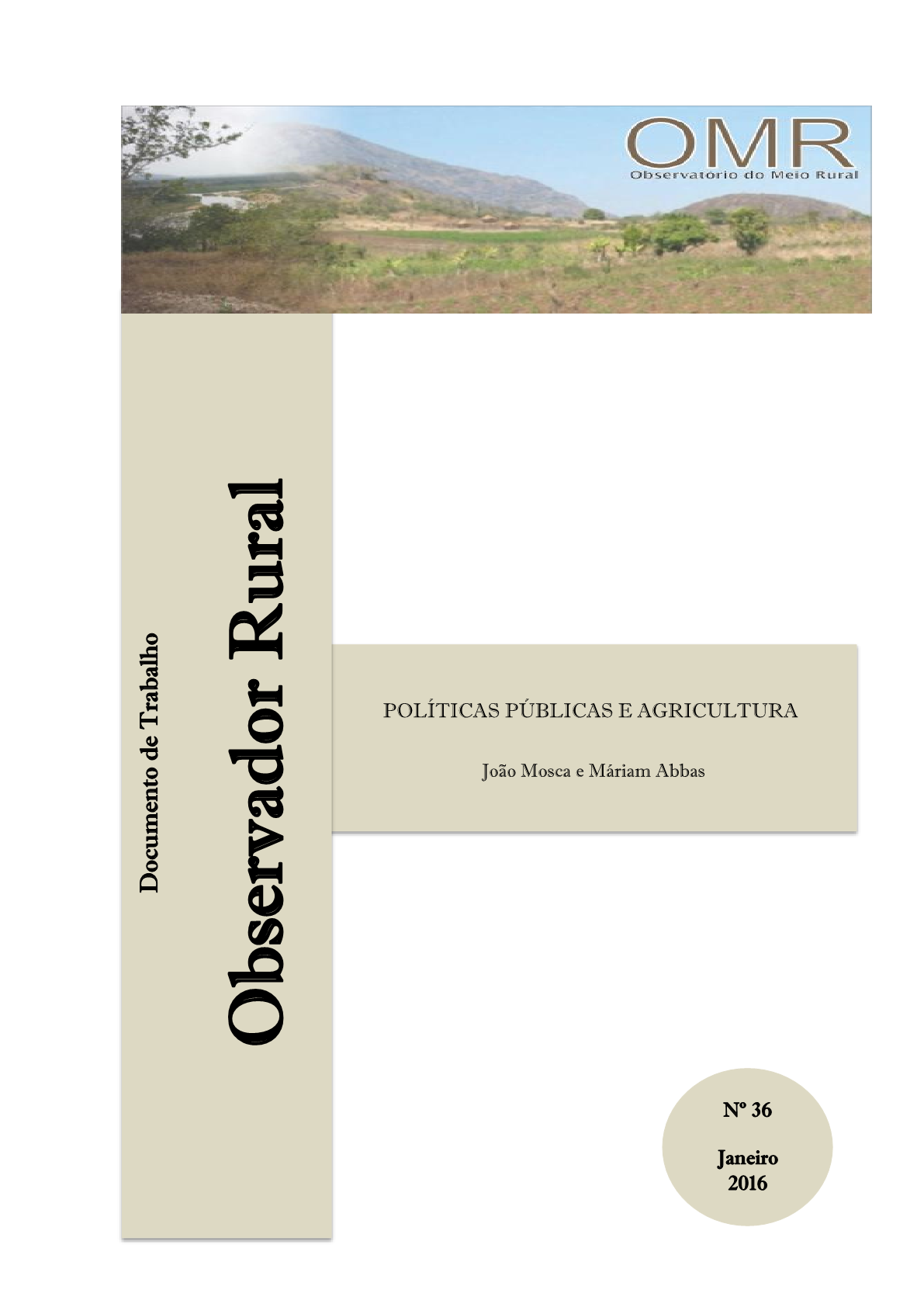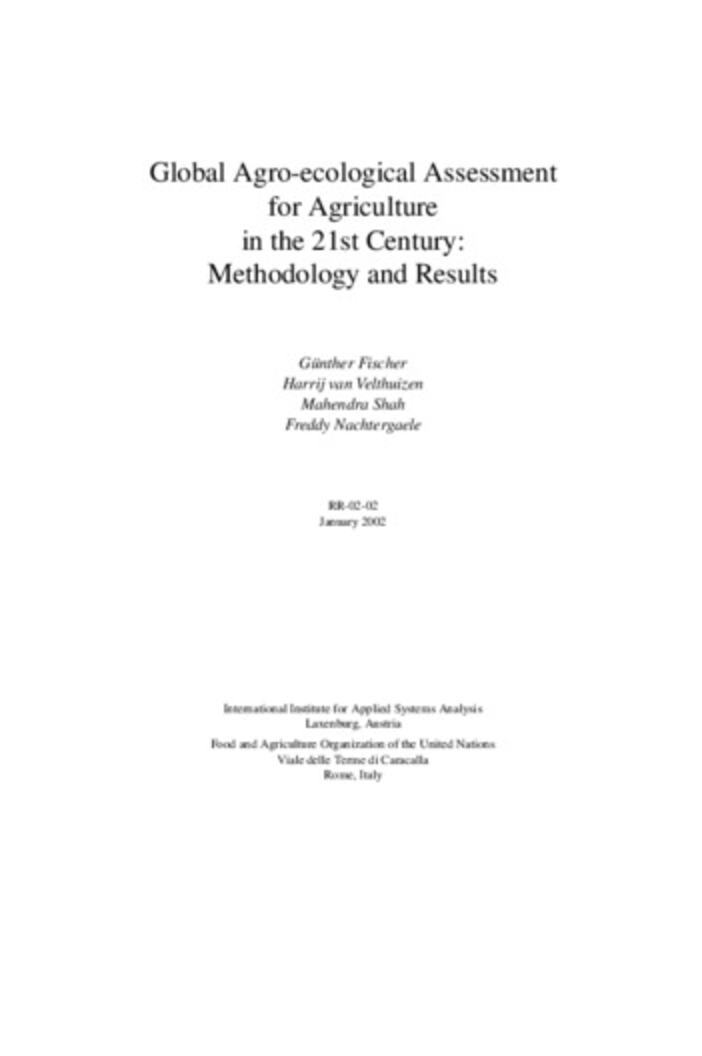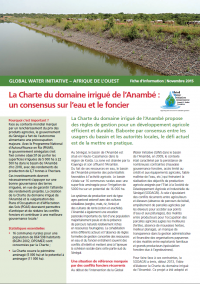Ley Orgánica de Tierras Rurales y Territorios Ancestrales.
La presente Ley Orgánica de Tierras Rurales y Territorios Ancestrales, tiene por objeto normar el uso y acceso a la propiedad de la tierra rural, el derecho a la propiedad de la misma que deberá cumplir la función social y la función ambiental. Regula la posesión, la propiedad, la administración y redistribución de la tierra rural como factor de producción para garantizar la soberanía alimentaria, mejorar la productividad, propiciar un ambiente sustentable y equilibrado, y otorgar seguridad jurídica a los titulares de derechos.






